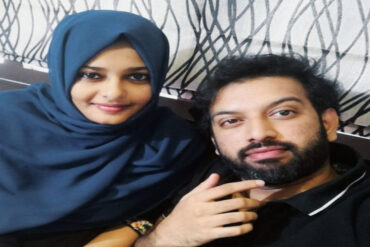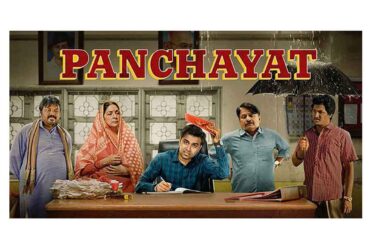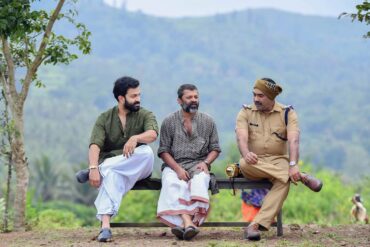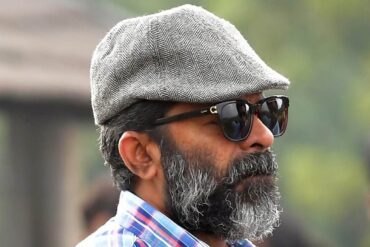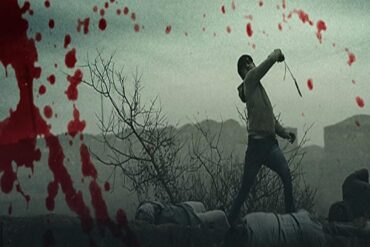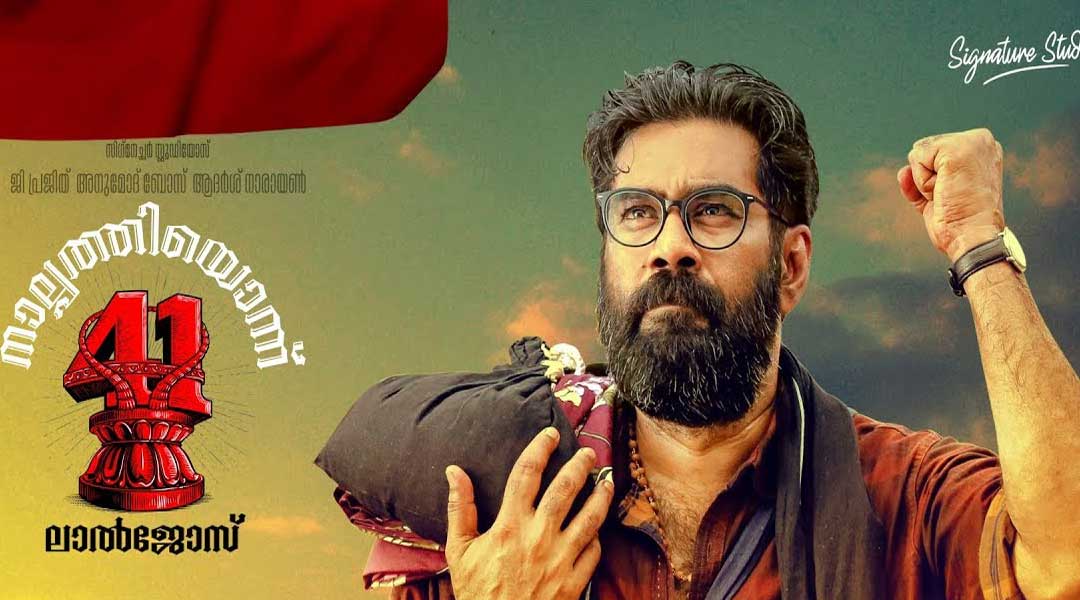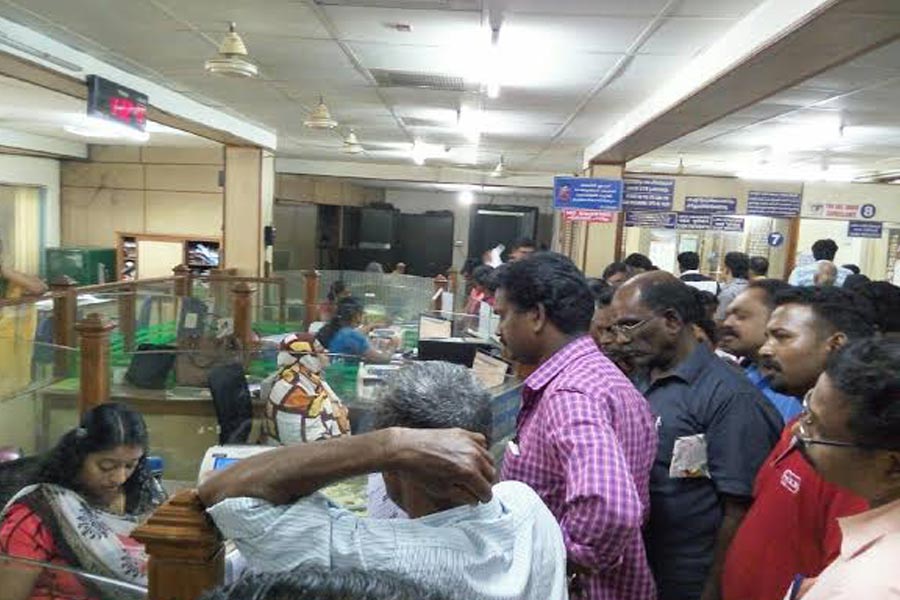To believe or not to…is the question that director Lal Jose appears to ask in Nalpathoyonnu /41. God is omnipresent in almost every Indian’s life, no matter the extent of their faith. Rationality and atheism have been prevalent in our discourse through centuries, but the multitudes still love to stake their bets on the supreme power rather than be sorry later. Questioning the existence of god is not a laughing matter in India, especially in the current political climate.
A few like director Bala and Kamal Hassan, who are avowed atheists, have shown the guts to question religious practices and faith in some of their movies. When Lal Jose, a man of faith, makes a film on this debate, he cannot be totally objective. And to be fair, he is free to choose and express his side.
Left parties are generally considered the flag-bearers of atheism. Karl Marx had said that “religion is the opium of people”. Kannur is the hot-bed of Communism and the roots of revolution go deep in that soil. Though the party line on faith has changed significantly over the years, members are still obliged to follow the ideals of rationalism and atheism.
Our hero, Ullas (Biju Menon), is such a person. A staunch communist and an avowed rationalist and atheist, he will espouse his belief at any given moment much to the annoyance of fellow party members, his mother and the general public. Due to his refusal to accepts traditional Hindu wedding customs like thaali, nilavilakku and even the attire that the bride and groom wears led to the cancellation of his wedding to his sweetheart Bhagya (Nimisha Sajayan).
His devotion to the party leads to a circumstance in which Ullas accepts the job of reforming Vavachi Kannan (Saranjith), a party member, whose alcoholism and ruffianism was causing embarrassment to the party. In a bizarre turn of events, the proclaimed atheist is forced to undergo the rigours for the pilgrimage to Sabarimala, including the strict 41-day regime (hence, the title) following which Ullas and Vavachi Kannan embark on a journey that changes both their lives.
Writing is key for tackling a subject like this and here’s where the film falls short. Newcomer P G Prageesh has ambition and some ideas but the result is weak. The director has tried to salvage the project with some engaging visuals, but it only works to some extent. The character of Ullas is reminiscent of Mukundan from Lal Jose’s Arabikatha (2007) because of his naivete and blind obedience to the party. While the 2007 film was poignant due to its performances, writing and accurate criticism of the communist party, Nalpathoyonnu fades in comparison. The attempts at satire and humour were average with a few scenes bordering on slapstick. The film’s story never delves deep into the subject matter ever.
Biju Menon does his part justice, but this is no way a memorable role for him. Nimisha is made to act a tad over-exuberant. She keeps a good balance, but her role is insignificant. The best outcome of the film is newcomer Saranjith who played the lovable ruffian Vavachi Kannan. He gets to portray a range of emotions and fares well in almost every scene. This could really have been a better film if Lal Jose took a chance with Saranjith and built the plot around him rather than Ullas. The director’s allegiances are quite clear in the film, especially in the second half. Though he refrained from passing a judgment in favour of any side, he sure did squander an opportunity to make a satire that put forward the follies of both sides of the argument. This is a watchable film that could have been much more than just being that.

